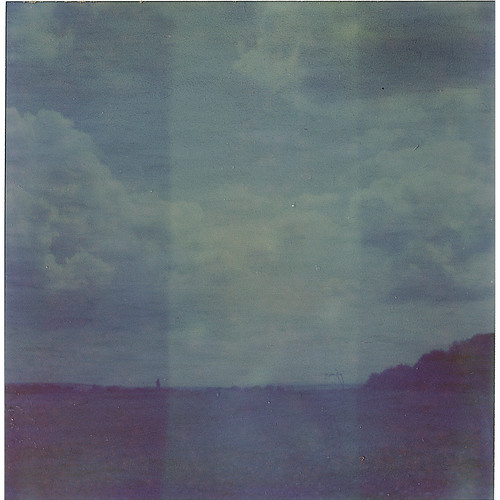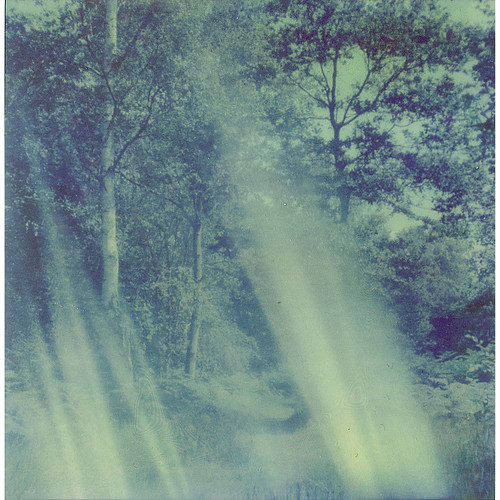Been after this book for a while. It's the second novel that Forsyth had published and one of his most well known after The Day of The Jackal. It's a short book, only clocking in at about 300 pages in paperback form. The copy I have is form the mid 70s (the book was originally published in 72); I picked it up at the local school fayre for the grand total of 10p. Awesome.
It's an odd book I think. The story revolves around one man's hunt for the Nazi SS commander Eduard Roschmann. The ODESSA it the title refers to the secret organisation that was allegedly formed to help ferret members of the SS out of Germany in the months prior to, and after, the end of World War II. Whilst most of the character in the book are fictional, Roschmann, ODESSA and a host of others are based on real life, albeit altered for artistic reason. Another real life person that makes the book is infamous "Nazi Hunter" Simon Wiesenthal, who also acted as a 'document historian' for Forsyth whilst the book was being produced. The novel was also made in to a film 2 years later.
The hero of the story is a young German newspaper reporter called Peter Miller, who lives in the Western side of the divided Germany. On the day of the assassination of American President John F Kennedy, Miller finds himself at the home of an old, poor Jewish man who has killed himself. A friend in the police force gives Miller the old man's diary as he believes it would make a good story. The diary contains the details of the man's life in the Jewish camps during the war where he was under the control of Rocshmann. Miller is so affected by the story that he starts a crusade to bring Rocshmann to justice. Linked in to this, the death of JFK is worrying Mossad, the Israeli intelligence agency. They are hot on the trail of a plot by Egypt to produce biological and nuclear missiles, which they plan to launch on Israel. Egypt is being aided by ex-Nazi scientists, given new lives by ODESSA. The two plot lines intertwine and loop all over the place before the final showdown. I wont spoil that with detail though.
As usual with FF, there is a lot of historic background on the subjects; be that ODESSA, Mossad, Rocshamnn, the Nazi party. It does help to blur the lines between the real (Rocshmann was in command in Riga and did escape by the means in the novel) and the fictional (Millers personal crusade, the finer details of the Egyptian rocket plot). Its a enjoyable book, but being so based on real life, you feel that there isnt enough time for the (fictional) character to develop. Also, the middle section, whilst blessed with glorious details and accuracies, does tend to plod a bit.
One interesting thing about the book is the part that the afore mentioned Wiesenthal played in forming the plot. In the mid 70s, fact mirrored fiction and the real Rocshmann was located in South America after the interest in him was stirred up by the book and film. Wiesenthal has admitted to bending the truth a bit in the facts he told Forsyth about Rocshmann to do just that; stir up interest and bring about the capture and trail of Rocshmann. Ultimately he fled from Argentina to Paraguay and died in 1977 (well maybe, maybe not according to Wiesenthal). So an interesting footnote to the story there.
Worth reading? Yeah I would say so. Despite its short length and the slow middle section it's a rewarding enough book. The detail of the camps in Riga, the escape by the SS and the twist (which, annoyingly I didn't see coming) should keep you on your toes (no pun intended - don't worry, you'll get that when you read it)



